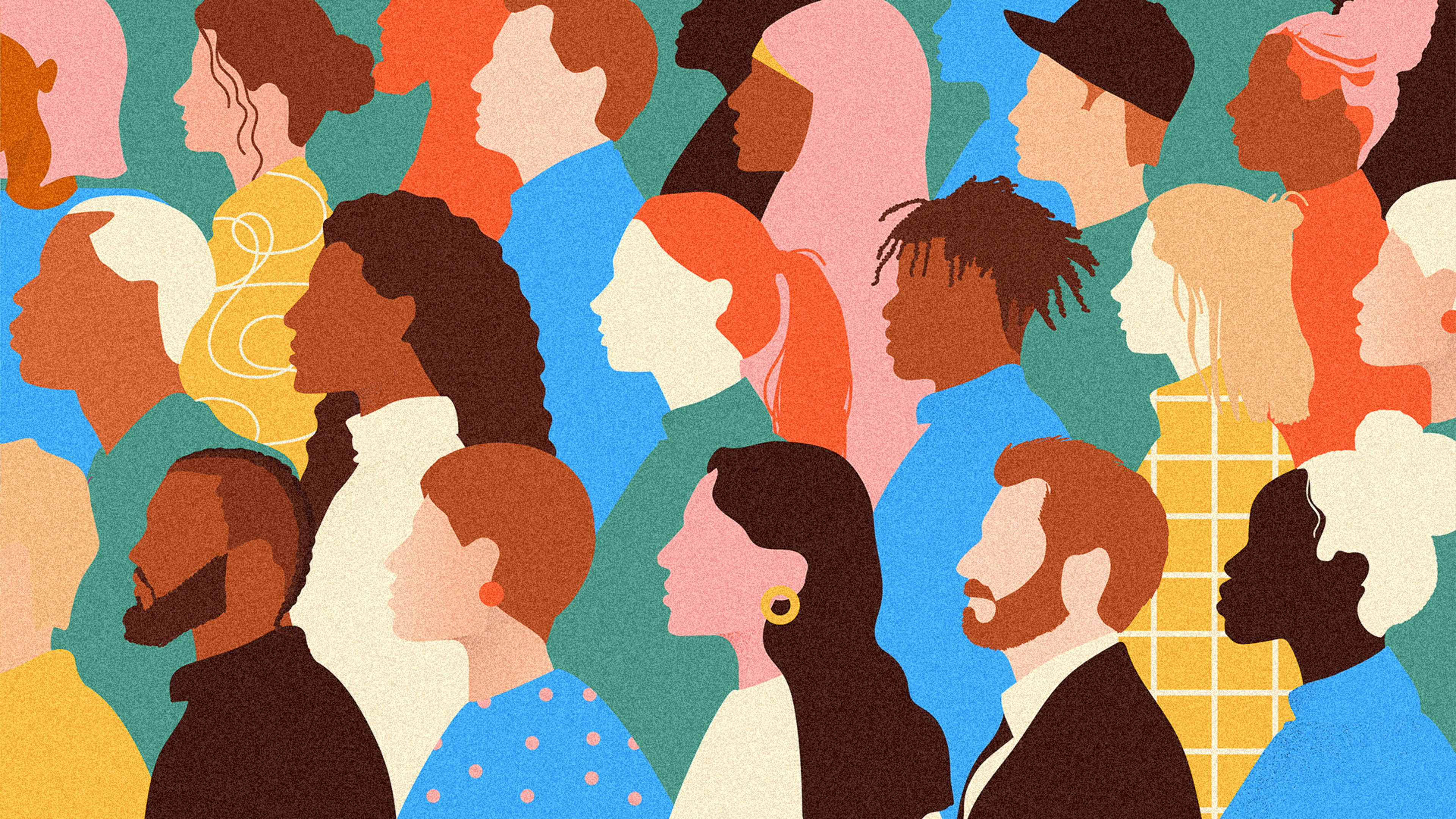In 2020, companies worldwide spent about $7.5 billion on diversity, equity, and inclusion-related efforts, and that figure has grown every year since, with McKinsey projecting that it will double to $15.4 billion by 2026. Yet at many companies, progress to increase inclusion and diversity has been slow or nonexistent.
Now, with news of layoffs across industries, there are signs that we may be poised to backslide. At Twitter, for example, the DEI team has reportedly been cut from about 30 to just 2 employees, and there’s evidence that many other organizations have quietly trimmed the roles responsible for doing this work.
The murder of George Floyd in 2020 sparked a surge in DEI job postings—a 123% increase that summer alone. But now listings for DEI roles are down 19% compared to last year. For those who remain in these positions, an environment of frugality and disinvestment will make a difficult job only more challenging. As it is, chief diversity officers have among the shortest tenures of any C-suite roles.
So what’s the future of diversity efforts at companies, and why do they so often fail? Where does DEI go from here?
On the latest episode of The New Way We Work, I spoke to Wema Hoover, a global diversity, equity, and inclusion expert. She noted that many companies may be trimming DEI roles because they never took it seriously to begin with.
“The major reason that you’re not seeing impact in organizations is because they’re doing [things like diversity] training as just [a] compliance exercise,” Hoover said. “They want to have it in their annual reports, in their quarterly employee engagement updates that training was administered. But they don’t outline what the outcomes are they’re expecting to achieve, and how it’s connected to the organization’s values.”
She noted that many companies set ambitious goals without creating a plan for how they will reach them, saying that when companies set a goal that they plan to reach in 5 to 10 years they should also set smaller goals that benchmark progress. “Those systemic changes live on beyond those kind of target moments in time,” she said.
Despite all the discouraging headlines, Hoover is optimistic about the future of DEI. She says that while some companies may be trimming chief diversity officer roles, other organizations are shifting to a more integrated approach through an environmental, social, and governance (ESG) model. “That is holistic and it can actually be thought of as a framework that will help guide a proactive approach, instead of being reactive,” she said.
Listen to the full episode for more on what companies get wrong about diversity roles, what the impacts of challenges to DEI in higher education will be, and the best- and worst-case scenarios for the future of DEI efforts.
You can listen and subscribe to The New Way We Work on Apple Podcasts, Google Podcasts, Stitcher, Spotify, RadioPublic, or wherever you get your podcasts.
Recognize your brand’s excellence by applying to this year’s Brands That Matter Awards before the early-rate deadline, May 3.
